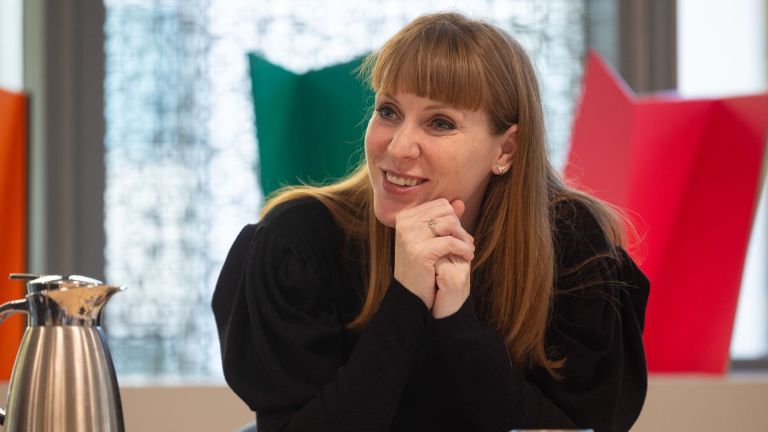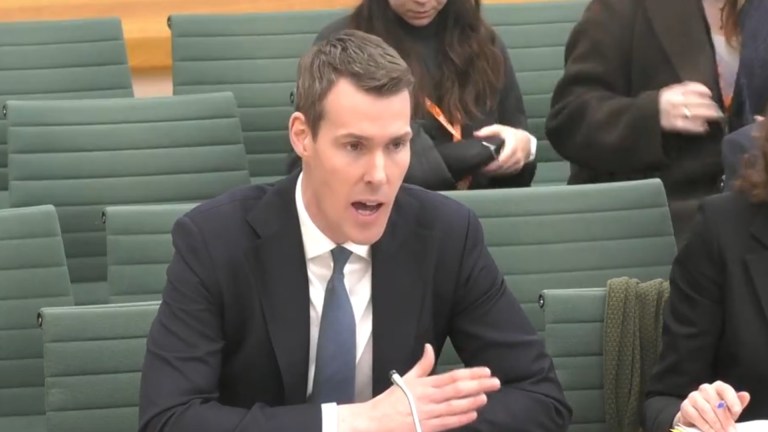The Big Issue Changemaker said it seemed that when a “public authority, like the Home Office, contracts with a private company, like Serco, to provide a public service, both parties are effectively able to avoid responsibility for breaching people’s human rights”.
She added: “That has widespread consequences for all of us, given that government has increasingly outsourced the provision of public services – like housing, healthcare and welfare services – to private providers across the UK.”
The court reached its verdict after finding that Serco – a private provider – was not acting as a public authority and so was not bound by legal human rights obligations. Scotland’s second most senior judge Lady Dorrian delivered the verdict that housing laws were not being broken.
Govan Law Centre solicitor advocate Mike Dailly called it a “truly sad day for human rights law in Scotland”, saying that the ruling effectively means “one can ‘contract-out’ of the 1998 Human Rights Act”.
He added: “The court’s ruling begins with the sentence: ‘The appellant is a failed asylum seeker’.
“Those seven words are at the heart of the hostile environment of the UK’s treatment of asylum seekers – because making an application for asylum is not linear or binary. Our clients experience is that they can and will secure new evidence and become refugees even when they have been refused asylum.”
Judith Robertson, chair of the Scottish Human Rights Commission, said the decision would have “profound consequences for how people’s rights are protected when public services are delivered by private providers”.
Serco had been in the process of changing the locks on the flats of people living in Glasgow who had been refused asylum and told they must leave the UK.
Now that a court has ruled in the provider’s favour, they say they will go about retrieving the properties in a “considered and sensitive” way.
Sabir Zazai, chief executive at Scottish Refugee Council, said: “We’re bitterly disappointed by today’s decision. This galling verdict leaves hundreds of men and women in Glasgow at risk of lock-change evictions and immediate street homelessness.
“People are very anxious and very stressed. The people we work with do not have family networks in Scotland or friends with spare bedrooms where they can stay in a crisis. People have no options. On top of this, there is already a homelessness crisis in Glasgow that this decision will only contribute to.”
People in the immigration system should not be denied the same rights to housing as everyone else
In September, Serco handed over its contract to Mears Group who made public commitments to not carrying out lock-change evictions without a court order. However hundreds still live in Serco accommodation.
Glasgow’s No Eviction campaign, formed to fight Serco’s practices, called their methods “despicable” – and called for mass protests in support of those whose homes are at risk.
The group said they are “ashamed that Glasgow will play host to such flagrant disregard of basic human rights” and expect Glasgow City Council to house anyone made homeless by the Serco evictions immediately.
They said: “[Serco has] repeatedly attempted to punish vulnerable people with the threat of homelessness and destitution.
“We totally reject today’s decision. We condemn the suggestion that the company and UK Home Office have no responsibility towards those caught in the gaps of a broken asylum system.
“We reiterate that people in the immigration system should not be denied the same rights to housing as everyone else in Scotland. It is disappointing that a legal precedent cannot now be used in support of this fundamental principle.”
Last month housing charity Shelter launched court action against Glasgow City Council for “breaking the law” over 3,000 times in 2018 by allegedly turning away homeless people who were entitled to help getting off the streets.









